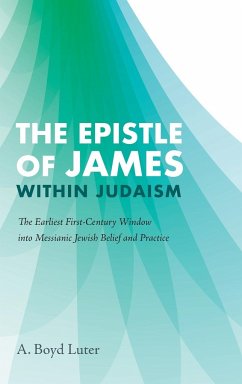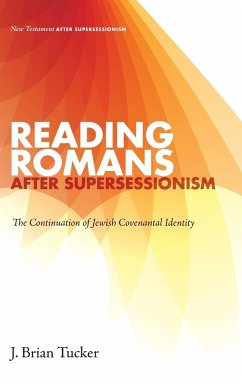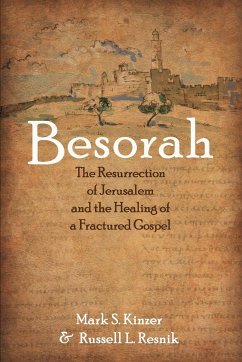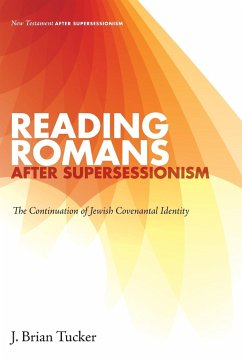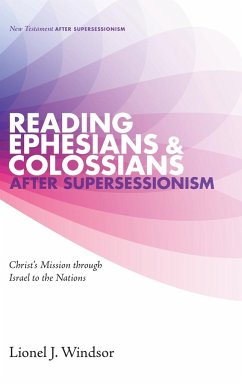In this volume, A. Boyd Luter initially makes the case that the Letter of James was the first New Testament document and that it was written for a primarily Messianic Jewish audience in the Diaspora. Its early origin places James as the foundational Messianic Jewish Scripture of the new covenant era. That, however, is a drastically different take on the letter's dating, audience, and purpose from the long-held supersessionist view in which Israel is replaced by the church. In the supersessionist understanding, James is one of the later New Testament books, originating supposedly at a time when it was already expected for the church to be symbolically ""the twelve tribes in the Diaspora."" And, since a common first impression of the letter is that its style is reflective of Old Testament wisdom literature, it was taken as dealing with practical issues of the Christian life through a staccato format much like Proverbs. Instead, through the elegant literary vehicle of an overarching inverted parallel structure, the Letter of James communicates its author's approach to issues among his Messianic Jewish audience related to spiritual growth and purity, as well as putting away class-based favoritism and the relationship between faith and works.
Hinweis: Dieser Artikel kann nur an eine deutsche Lieferadresse ausgeliefert werden.
Hinweis: Dieser Artikel kann nur an eine deutsche Lieferadresse ausgeliefert werden.

